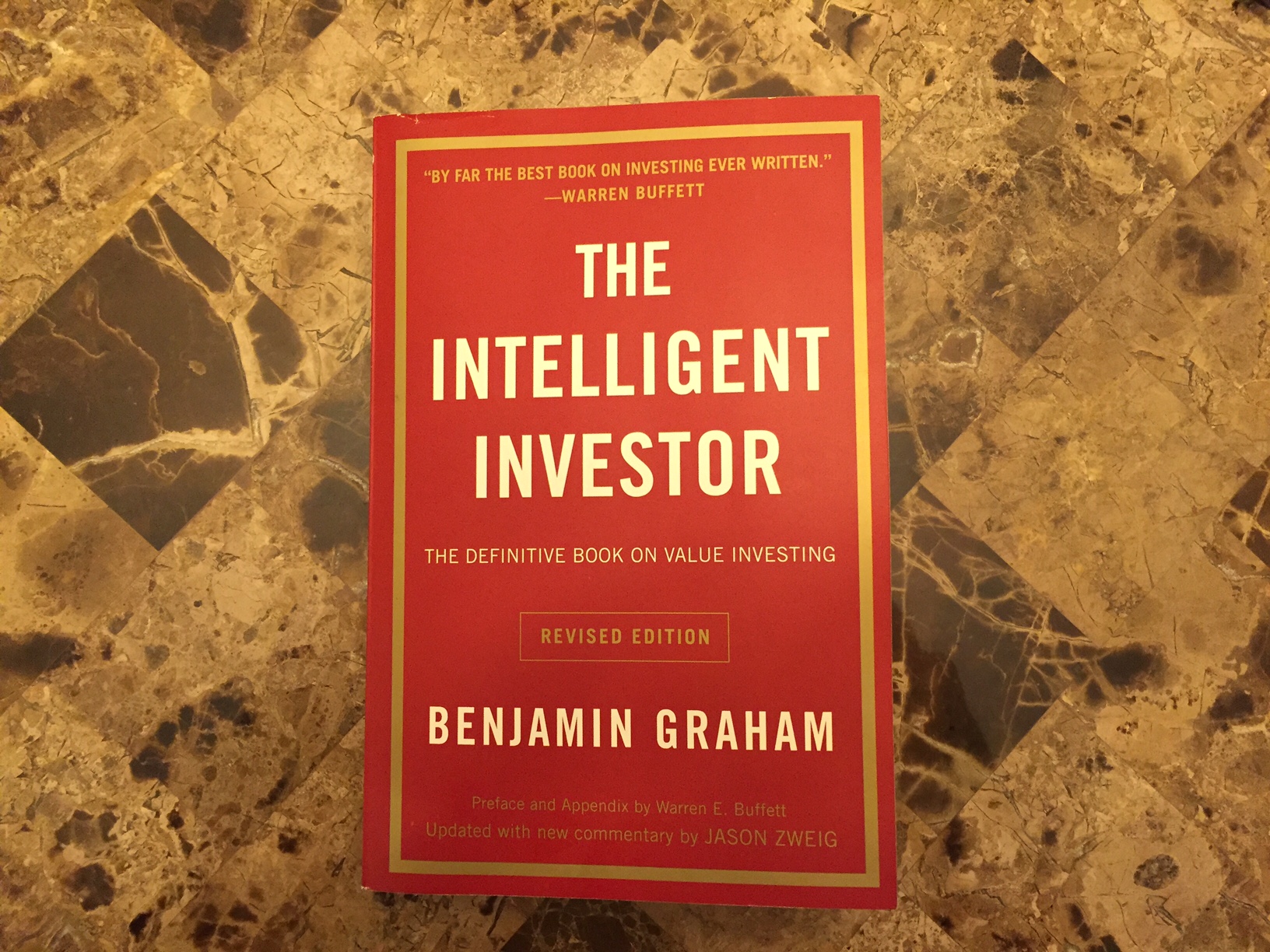In 1934, Benjamin Graham first published his treatise “The Intelligent Investor”. Graham is considered by many to be the father of Value Investing and was a teacher of Warren Buffett. He wrote about the difference between investing and speculating, and devoted a whole chapter to “The Investor and Market Fluctuations.” I can do no better than to share this excerpt and to note that his advice is as true today as it was 80 years ago.
“The most realistic distinction between the investor and the speculator is found in their attitude toward stock-market movements. The speculator’s primary interest lies in anticipating and profiting from market fluctuations. The investor’s primary interest lies in acquiring and holding suitable securities at suitable prices. Market movements are important to him in a practical sense, because they alternately create low price levels at which he would be wise to buy and high prices at which he certainly should refrain from buying and probably would be wise to sell.
It is far from certain that the typical investor should regularly hold off buying until low market levels appear, because this may involve a long wait, very likely the loss of income, and the possible missing of investment opportunities. On the whole it may be better for the investor to do his stock buying whenever he has money to put in stocks…
Aside from forecasting the movements of the general market, much effort and ability are directed on Wall Street toward selecting stocks or industrial groups that in matter of price will “do better” than the rest over a fairly short period in the future. Logical as this endeavor may seem, we do not believe it is suited to the needs or temperament of the true investor… As in all other activities that emphasize price movements first and underlying values second, the work of many intelligent minds constantly engaged in this field tends to be self-neutralizing and self-defeating over the years.
The investor with a portfolio of sound stocks should expect their prices to fluctuate and should neither be concerned by sizable declines nor become excited by sizable advances.”*
As much as markets have changed over the past century, what has not changed is human nature. That’s why Graham’s advice to never sell a stock just because it has gone down remains so relevant today. Be an investor and not a speculator; don’t think that you can predict what stock prices are going to do next. If you’re in it for the long-term, use market volatility as an opportunity to put money to work.
*The Intelligent Investor, Benjamin Graham, `Revised Edition, 2006, pp. 205-206.




